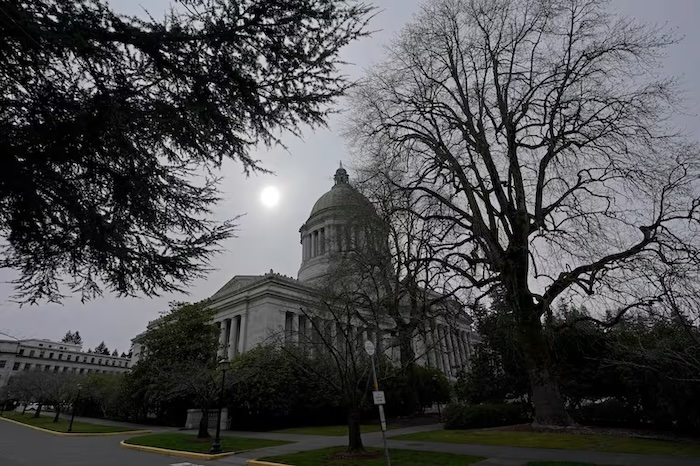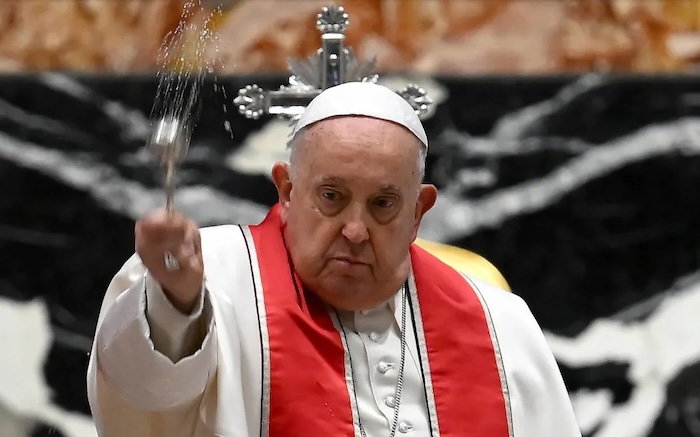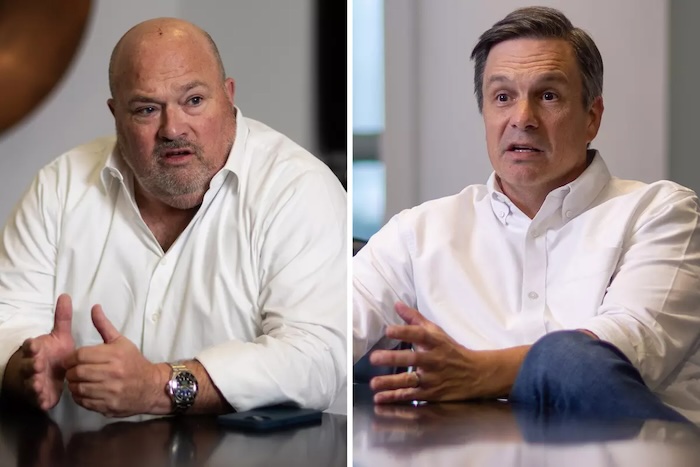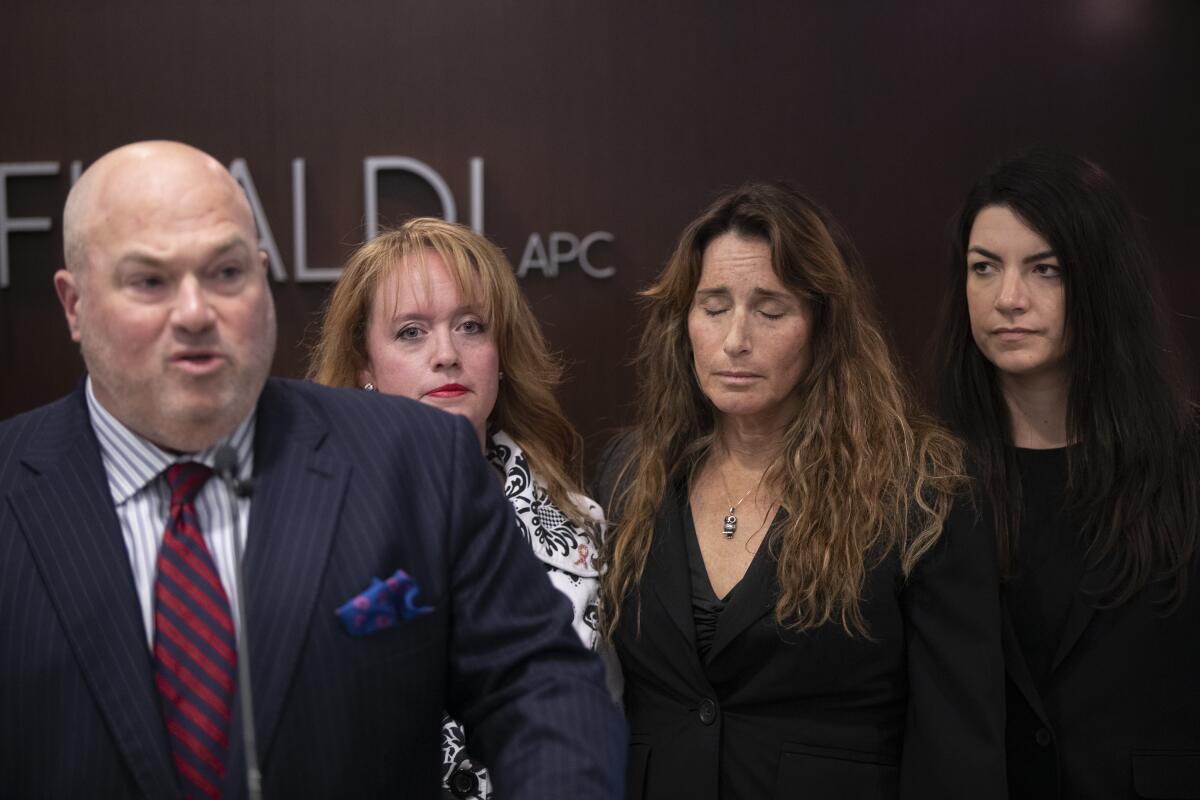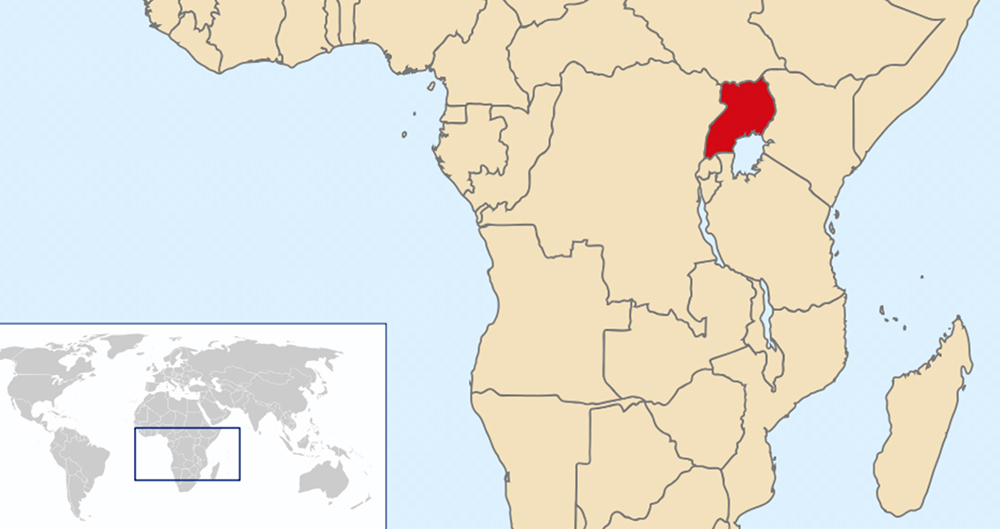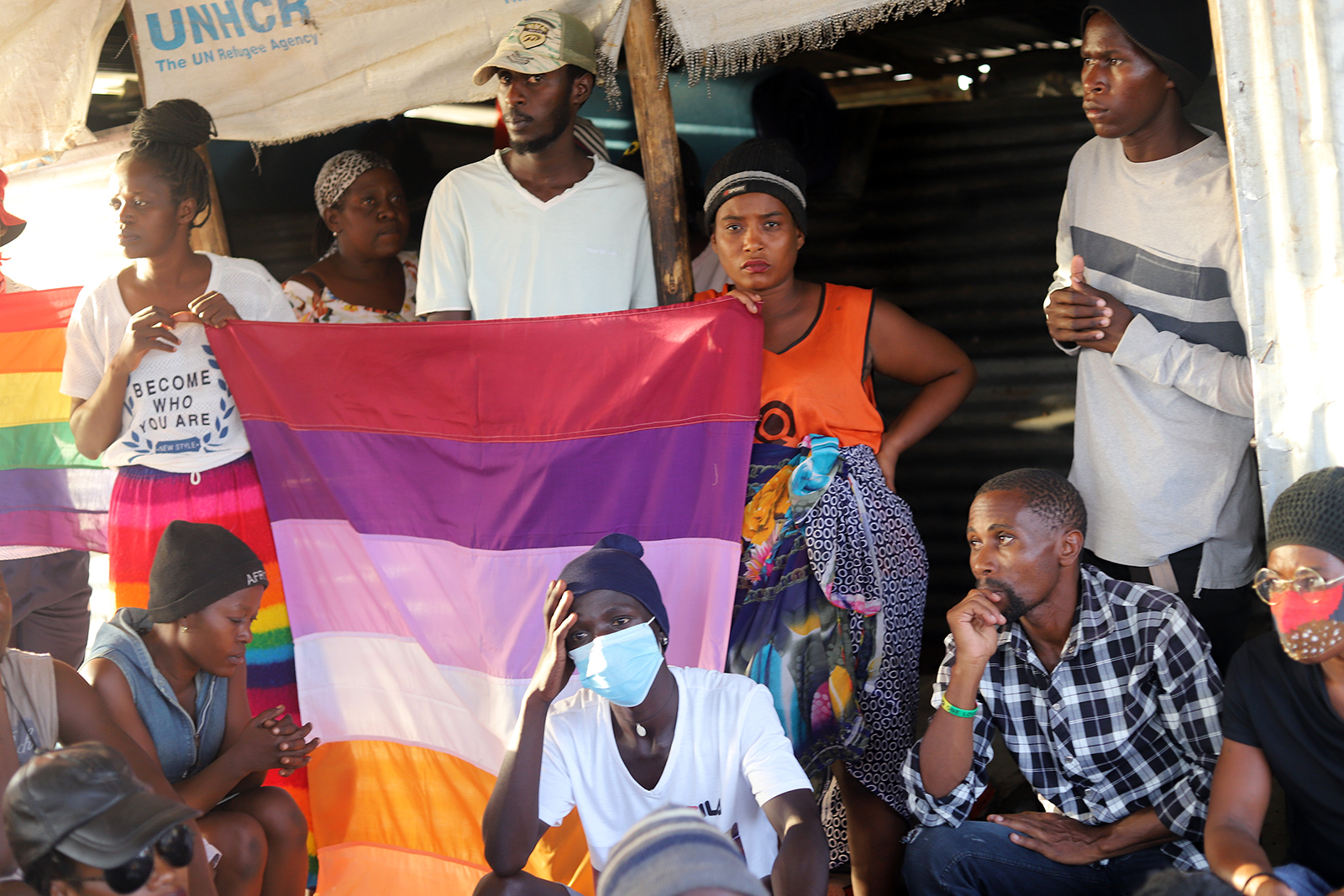— The prelate of the diocese of Santo Amaro, in São Paulo, Brazil, submitted the consultation to the Vatican. That inquiry led to the authorization to baptize the LGBTQ+ faithful, who can also be godparents and witnesses to a wedding

The next lesbian, gay, or transgender person to be the godparent of a baby baptized in a Catholic parish, or in a cathedral, in any corner of the world, may not know what led him or her to assume that crucial responsibility in the eyes of the Roman Catholic Church. But the process began in Brazil, in the office of a bishop in São Paulo. Specifically, it started with a letter with six questions addressed to the Congregation for the Doctrine of the Faith and signed by Bishop José Negri, of the diocese of Santo Amaro, in the southern part of Latin America’s most populous city. The Holy See received the letter on July 14 and responded almost four months later with a decision signed by Pope Francis. The news was made public at the beginning of November. In summary, trans Catholics can be baptized, but it is not a right and requires avoiding disconcerting believers and public scandal. A same-sex couple’s children can receive the same sacrament as long as there is a well-founded hope that they will be educated in the Catholic faith. They can all serve as witnesses for a wedding.
Bishop Negri raised the six questions clearly and directly. The first question: “Can a trans person be baptized?” The fourth inquiry: “Can a same-sex couple appear as the progenitors of a child to be baptized if he or she was adopted or conceived through other methods, such as surrogacy?” The response from the body that deals with the Church’s doctrinal and theological questions — the former Inquisition — was also concise in its three-page answer, which included multiple footnotes. The Brazilian prelate declined this newspaper’s request to be interviewed about his consultation and its consequences.
The decision on whether LGBTQ+ Catholics can receive some sacraments has caused less of a stir than another of the Pontiff’s rulings (unrelated to Negri)—this one announced in December—which deepens his policy of the institution’s openness. The Vatican approved the blessing of same-sex couples, but, importantly, without equating it to marriage. The decision has even caused a small rebellion on the part of Peru’s clergy.
The diocesan prelate, known here as Dom José, was born in Milan, Italy, as Giuseppe, but he has lived in Brazil since his 20s. He has a degree in Psychology from the Gregorian University in Rome. He has a slight Italian accent, is 64 years old and boasts 132,000 Instagram followers, almost ten times more than the diocese he leads. The publications from the day last November when the Vatican announced its response to his query do not refer to the matter.
But, like Argentina’s Jorge Mario Bergoglio, Negri is in favor of the Catholic hierarchy “listening to the peripheries,” be they urban, social or economic. Previously, he was bishop in Blumenau, in the whitest part of Brazil, a land colonized by German immigrants who preserve the language and even celebrate Oktoberfest. A few years ago, he chaired the Brazilian Episcopal Conference’s child protection committee; at the time, he pledged that the Church would firmly confront the sexual abuse in its midst.
The bishop of Santo Amaro “is on the most conservative spectrum” of the Church in Brazil and “is prudent as a bishop,” explains Paulo Ricardo, of the (Instituto de Estudos da Religião) Institute of Religious Studies. The diocese over which he presides includes some two million Catholics and owes its fame to Father Marcelo Rossi, of the Catholic Charismatic Renewal movement, which was a true mass phenomenon in the 1990s thanks to his records, a Latin Grammy, show masses and modern methods of evangelization.
The fact that this consultation on LGBTQ+ people reached the Congregation for the Doctrine of the Faith from Brazil is not so surprising if one considers that the South American country is one of the nations where the Catholic Church has more faithful, although the group is dwindling in the face of a strong push by
evangelicals. Same-sex marriage has been legal for over a decade. Fifteen years have passed since the public health system performed the first gender-affirming procedure. And while Brazil is the country where the most trans people are murdered (among those countries that record such crimes), they are also represented in many areas of society and have tremendous visibility. Indeed, there are two trans deputies in Brazil’s national congress and another two in state legislatures.
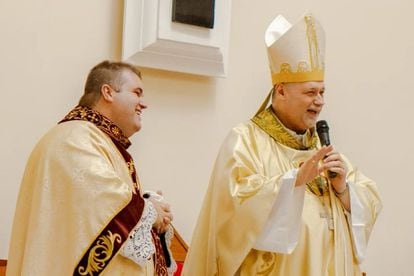
Luis Rabello, 35, the executive secretary of the Brazilian network of LGBTQ+ Catholic groups, welcomes the changes introduced by Pope Francis because “they serve to give visibility” to a group that “has always existed in the Church, both among the faithful and as catechists.” He is happy that the Vatican has finally adopted norms to resolve issues that until now have been handled on a case-by-case basis. On the phone from Brasilia, he recalls a case from a few years ago: a trans woman who had undergone gender-affirming surgery requested that her dead name — the name on her birth certificate — be replaced by her new one on her baptismal certificate. She got her wish. It happened in Curitiba, a city in southern Brazil.
The representative of LGBTQ+ Catholics in Brazil maintains that Bishop Negri’s questions for the Congregation for the Doctrine of the Faith responds to a social demand. “LGBTQ+ people are demanding more space in the Church; they are demanding respect.” He explains that it is a trend that has grown in recent years with social changes and the LGBTQ+ community’s inspired by the current Pontiff’s gestures. Rabello notes that Pope Francis has received trans people in the Holy See. A civil servant by profession, he believes the recent Vatican rulings are “very important for educating priests, bishops…”
Brazil has about 20 LGBTQ+ Catholic groups spread over 10 states that meet in person, plus virtual ones, including one for non-binary people. A priest from the diocese of Santo Amaro, Father Negri’s diocese, monitors these groups, Rabello says.
Pope Francis has a very special place in the hearts of Brazilian LGBTQ+ Catholics for the answer he gave a Brazilian journalist in 2013 on the return flight from his visit to Brazil. “Francis spoke for the first time about LGBTQ+ people; [he was] the first pope to utter the word gay!” Rabello recalls. It was a revolution in an institution with two millennia of history. That gesture and the ones that followed encouraged the LGBTQ+ faithful to seek more information and to ask their parishes about baptism, marriage and being godparents for baptisms and weddings.
Last October, Bishop Negri spoke a little about his childhood during an interview with another priest — both in collars — during the so-called diocesan youth meeting. He recalled that his grandmother introduced him to the Church and taught him the Rosary (which she recited in Latin). “My ideal was to be an altar boy, but Jesus wanted something else,” he explained. The motto of that youthful encounter sounded provocative: “You seduced me, Lord, and I let myself be seduced.” Bishop Negri took advantage of the occasion to announce that he was organizing a big event “to evangelize en masse, in schools, in subway stations, at bus stops, in universities…”. The battle between Catholics and Evangelicals for the souls of over 200 million Brazilians is intense.
Complete Article ↪HERE↩!

